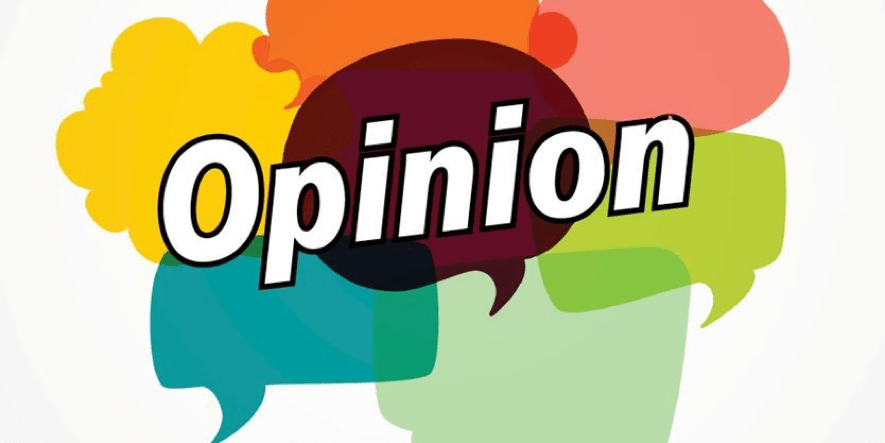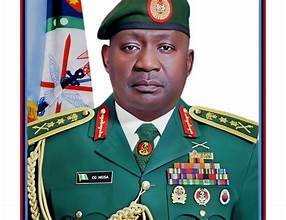Coding for grassroots: A journey
[ad_1]
Bill Gates started coding at age 13 and Mark Zuckerberg did at 8. This laid the groundwork for how they changed the world with their innovations. Getting people into tech has been my passion since I was brought in to organise and coordinate a python class by my lecturers back when I was in school. This was due to my charisma and ability to mobilise a crowd.
The first class was not as successful as we wanted but it opened my eyes to where my strengths lie and the knowledge gap that was present in the African tech ecosystem. A lot of people including myself were not familiar with tech and the kind of opportunities that lay within.
Programmable devices have existed for centuries. As early as the 9th century, a programmable music sequencer was invented by the Persian Banu Musa brothers, who described an automated mechanical flute player in the Book of Ingenious Devices. In 1206, the Arab engineer Al-Jazari invented a programmable drum machine where a musical mechanical automaton could be made to play different rhythms and drum patterns, via pegs and cams. In 1801, the Jacquard loom could produce entirely different weaves by changing the “program” – a series of pasteboard cards with holes punched in them.
Code-breaking algorithms have also existed for centuries. In the 9th century, the Arab mathematician Al-Kindi described a cryptographic algorithm for deciphering encrypted code, in A Manuscript on Deciphering Cryptographic Messages. He gave the first description of cryptanalysis by frequency analysis, the earliest code-breaking algorithm.
The first computer program is generally dated to 1843, when mathematician Ada Lovelace published an algorithm to calculate a sequence of Bernoulli numbers, intended to be carried out by Charles Babbage’s Analytical Engine.
Data and instructions were once stored on external punched cards, which were kept in order and arranged in program decks.
In the 1880s Herman Hollerith invented the concept of storing data in machine-readable form. Later a control panel (plug board) added to his 1906 Type I Tabulator allowed it to be programmed for different jobs, and by the late 1940s, unit record equipment such as the IBM 602 and IBM 604, were programmed by control panels in a similar way, as were the first electronic computers. However, with the concept of the stored-program computer introduced in 1949, both programs and data were stored and manipulated in the same way in computer memory.
Different programming languages support different styles of programming (called programming paradigms). The choice of language used is subject to many considerations, such as company policy, suitability to task, availability of third-party packages, or individual preference. Ideally, the programming language best suited for the task at hand will be selected. Trade-offs from this ideal involve finding enough programmers who know the language to build a team, the availability of compilers for that language, and the efficiency with which programs written in a given language execute. Languages form an approximate spectrum from “low-level” to “high-level”; “low-level” languages are typically more machine-oriented and faster to execute, whereas “high-level” languages are more abstract and easier to use but execute less quickly. It is usually easier to code in “high-level” languages than in “low-level” ones. Programming languages are essential for software development. They are the building blocks for all software, from the simplest applications to the most sophisticated ones.
Coding is just a layer out of numerous layers present and a group of us decided to do everything within our power to bridge the gap and get people interested in tech and provide a pathway of transforming Nigeria from a consumption nation to production. However, we put the cart before the horse in early iterations of our plans and it took a while before we adjusted.
We would continue to hold coding hackathons in small classes in a few cities and we got our big break in 2019 when we got approached by the National Information Technology Development Agency (NITDA) to take our coding evangelism into more universities.
It was during one of our hackathons that I realised that in order to get people to be more interested, we had to take the Microsoft approach of getting young people familiar with the technology first and for free. That way, it becomes a part of them like the Microsoft Office Suite. This birthed the Coding for the Grassroots idea. The goal was to make computers readily available for students in schools around Nigeria. We aimed to put a significant dent in the 42:1 ratio between students and access to a computer by donating computers to secondary schools and enrolling students in boot camps that would open their eyes to opportunities available for them within and beyond the tech space.
2020 came with the pandemic and I personally had to juggle my career and my passion. I had decided to focus on product management with a fintech start-up and I had to put a pause on the projects due to kids being out of school. This gave me ample time to review the strategy and gather more funds to bring my dreams to reality.
ALSO READ FROM NIGERIAN TRIBUNE
By late 2020, I restarted activities and swung into action in Lagos with plans to expand further into South Western Nigeria by late 2022. The outreach got into 12 community high schools in Lagos by mid-2022 and now we are going beyond Lagos and into Ogun State. I’m also looking forward to sharing my thoughts on how technology can impact agriculture at the upcoming UNDP FCMB Agrohack in collaboration with HubOne.
Giving back to humanity is one of the few ways we can ensure that more and more people get a shot at reaching their full potential and we all should do more.
Oyetunde writes in via [email protected].
[ad_2]















Post Comment